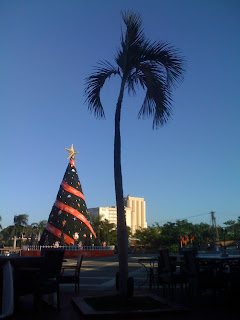
Happy Hanukkah
Merry Christmas
Happy Kwanzaa
Fun Festivus!

 On the other, Joint Congressional Committee on Inaugural Ceremonies's pick for the inaugural poet is stellar: Elizabeth Alexander!!!!!!!! (She's the fifth poet to read at an inauguration: the others were Robert Frost in 1961, James Dickey in 1977, Maya Angelou in 1993, and Miller Williams in 1997.) On a hunch the other day I told C that she would probably be the pick, and she is a superb choice on so many levels: she's one of the nation's leading poets under 50 and a member of Obama's generation, she's a native Washingtonian, she's grappled with many of the issues of our era in her poetry, and she knows the Obamas personally from their common time at the University of Chicago. I must add that I think the world of her and her work. And she was one of the original Cave Canem faculty members, and one of my favorite workshop leaders ever. She was also one of the first poets to read at the Dark Room ("Omni Albert Murray, Omni Omni, Albert Murray") in 1988, which is when I first heard, read and fell in love with her work. Elizabeth talks about Obamapoetics here (h/t to Amanda Johnston!), and her reaction to her selection here.
On the other, Joint Congressional Committee on Inaugural Ceremonies's pick for the inaugural poet is stellar: Elizabeth Alexander!!!!!!!! (She's the fifth poet to read at an inauguration: the others were Robert Frost in 1961, James Dickey in 1977, Maya Angelou in 1993, and Miller Williams in 1997.) On a hunch the other day I told C that she would probably be the pick, and she is a superb choice on so many levels: she's one of the nation's leading poets under 50 and a member of Obama's generation, she's a native Washingtonian, she's grappled with many of the issues of our era in her poetry, and she knows the Obamas personally from their common time at the University of Chicago. I must add that I think the world of her and her work. And she was one of the original Cave Canem faculty members, and one of my favorite workshop leaders ever. She was also one of the first poets to read at the Dark Room ("Omni Albert Murray, Omni Omni, Albert Murray") in 1988, which is when I first heard, read and fell in love with her work. Elizabeth talks about Obamapoetics here (h/t to Amanda Johnston!), and her reaction to her selection here.
It is not just in the intricacies of speechifying that Obama recalls Cicero. Like Cicero, Obama is a lawyer. Like Cicero, Obama is a writer of enormous accomplishment - Dreams From My Father, Obama's first book, will surely enter the American literary canon. Like Cicero, Obama is a "novus homo" - the Latin phrase means "new man" in the sense of self-made. Like Cicero, Obama entered politics without family backing (compare Clinton) or a military record (compare John McCain). Roman tradition dictated you had both. The compensatory talent Obama shares with Cicero, says Catherine Steel, professor of classics at the University of Glasgow, is a skill at "setting up a genealogy of forebears - not biological forebears but intellectual forebears. For Cicero it was Licinius Crassus, Scipio Aemilianus and Cato the Elder. For Obama it is Lincoln, Roosevelt and King.Without a doubt, he'll require all these rhetorical skills and more to keep the country together, marshal the Congress to pass his projects, and lead us out of the mess we find ourselves in. The silver tongue will need to become platinum. Or as Shakespeare, another master rhetorician, says in Henry IV Part 2, invoking anastrophe (reversal of phrases): "We are ready to try our fortunes / to the last man."
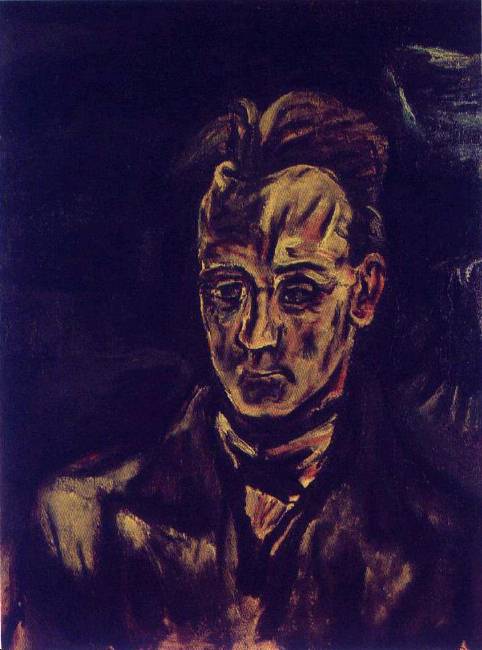 One Webernian pieces that exerts unending fascination over yours truly is his "Symphony (Opus 21)," which sounds unlike any other symphony you are likely to hear on the radio or concert hall, though it must be said that post-Webernian serial composers have created works as strange and haunting as this. I also love that it was after a New York Philharmonic performance of the "Symphony" that composers John Cage and Morton Feldman first met. I have never heard this work performed live, just on CD and in digital form, but I did write a necessarily short poem, an acrostic in (mildly) graphic form, inspired by it. In the case of Webern, the use of the acrostic and graphic forms echo his own constant play with the possibilities of the tone row, and in a larger sense, with his fellow Second Viennese school composers' use of names as guides for notation in their work. My favorite example of all of these is Alban Berg's "Chamber Concerto," in which he weaves Arnold Schoenberg's, [Anton] Webern's and [Alban Berg] his names into the score (using the German pitch notational system), and like his opera "Lulu," at its exact center, a musical palindrome. Webern did this kind of thing often, including a symmetry in the opening phrase of the "Symphonie," except that unlike Berg (or Schoenberg, their teacher, friend and mentor, who was less adept at such games, having pioneered the whole 12-note concept), whose work makes great use of late Romantic elements and lushness at times, he antithetically pared away all excess, creating pieces that often sound like they've been beamed in from another planet (literally embodying Schoenberg's famous quotation of Georg in the revolutionary "Second String Quartet": "I hear the air of other planets...").
One Webernian pieces that exerts unending fascination over yours truly is his "Symphony (Opus 21)," which sounds unlike any other symphony you are likely to hear on the radio or concert hall, though it must be said that post-Webernian serial composers have created works as strange and haunting as this. I also love that it was after a New York Philharmonic performance of the "Symphony" that composers John Cage and Morton Feldman first met. I have never heard this work performed live, just on CD and in digital form, but I did write a necessarily short poem, an acrostic in (mildly) graphic form, inspired by it. In the case of Webern, the use of the acrostic and graphic forms echo his own constant play with the possibilities of the tone row, and in a larger sense, with his fellow Second Viennese school composers' use of names as guides for notation in their work. My favorite example of all of these is Alban Berg's "Chamber Concerto," in which he weaves Arnold Schoenberg's, [Anton] Webern's and [Alban Berg] his names into the score (using the German pitch notational system), and like his opera "Lulu," at its exact center, a musical palindrome. Webern did this kind of thing often, including a symmetry in the opening phrase of the "Symphonie," except that unlike Berg (or Schoenberg, their teacher, friend and mentor, who was less adept at such games, having pioneered the whole 12-note concept), whose work makes great use of late Romantic elements and lushness at times, he antithetically pared away all excess, creating pieces that often sound like they've been beamed in from another planet (literally embodying Schoenberg's famous quotation of Georg in the revolutionary "Second String Quartet": "I hear the air of other planets...").
SYMPHONY (OPUS 21)
Atoms Atmen
Notes or their shadows evanesce from each tone row
Traces of key melodies echoes: silence
Order mirrors in intervals invariance:
nothing is wasted
Why wreak such beauty on Vienna?
Even the maestro, Mahler on his deathbed lay baffled
because one must retrain the ear to hear
even familiar harmonies.
Revolution begins in lyric restraint in freedom
nothing is wasted
Copyright © John Keene, 2001, 2008.
 Is the contemporary art market like the tulip mania bubble of the 1630s? Is it on the verge of bursting? Will we soon be talking about some other values beyond "exchange value"? Ben Lewis and Jonathan Ford think and say so in their Prospect article. (So whither the likes and fortunes of Elizabeth Peyton (at right,
Is the contemporary art market like the tulip mania bubble of the 1630s? Is it on the verge of bursting? Will we soon be talking about some other values beyond "exchange value"? Ben Lewis and Jonathan Ford think and say so in their Prospect article. (So whither the likes and fortunes of Elizabeth Peyton (at right, Tonight the Asian American Writers Workshop held its annual awards ceremony in New York. I'm in Chicago so I wasn't able to attend, but this year's winners included a Lifetime Achievement Award to playwright David Henry Hwang, the fiction award to Mohsin Hamid for The Reluctant Fundamentalist (Harcourt), the nonfiction award to Vijay Prashad for The Darker Nations (New Press), and the poetry award to Sun Yung Shin for Skirt Full of Black (Coffee House Press). As part of the event, Hwang reunited with actor B.D. Wong for a reading and celebration the landmark play, M. Butterfly, which they also discussed with Public Theater Artistic Director Oskar Eustis. Congratulations to all the winners and finalists!
Tonight the Asian American Writers Workshop held its annual awards ceremony in New York. I'm in Chicago so I wasn't able to attend, but this year's winners included a Lifetime Achievement Award to playwright David Henry Hwang, the fiction award to Mohsin Hamid for The Reluctant Fundamentalist (Harcourt), the nonfiction award to Vijay Prashad for The Darker Nations (New Press), and the poetry award to Sun Yung Shin for Skirt Full of Black (Coffee House Press). As part of the event, Hwang reunited with actor B.D. Wong for a reading and celebration the landmark play, M. Butterfly, which they also discussed with Public Theater Artistic Director Oskar Eustis. Congratulations to all the winners and finalists!

 Odetta (Holmes, at left, New York Folklore), the revolutionary singer and activist, passed away on Tuesday. She was one of the important figures in a generation that made possible many of the changes in society, political, social, cultural, that we take for granted today. The civil rights movement, and related struggles for equality for all people, are battles Odetta directly and dynamically took part in through her songs and writings. It's probably fair to say that her soulful presence, voice and art constituted vital contributions to the soundtrack and living text of these battles. Her gifts, however, were aesthetic as well: she also helped to blaze the paths in which a wide array of musicians, and indeed a school of music, folk, flourished, from the late 1950s to the early 1970s. It's easy to overlook the significance of someone who isn't at the center of contemporary popularity, but Bob Dylan, Joan Baez, and many others have acknowledged their debt to Odetta, to her courage, her grace, her art, and it's a debt, or better, an example, that continues and endures, along with the multiple battles we still face every day.
Odetta (Holmes, at left, New York Folklore), the revolutionary singer and activist, passed away on Tuesday. She was one of the important figures in a generation that made possible many of the changes in society, political, social, cultural, that we take for granted today. The civil rights movement, and related struggles for equality for all people, are battles Odetta directly and dynamically took part in through her songs and writings. It's probably fair to say that her soulful presence, voice and art constituted vital contributions to the soundtrack and living text of these battles. Her gifts, however, were aesthetic as well: she also helped to blaze the paths in which a wide array of musicians, and indeed a school of music, folk, flourished, from the late 1950s to the early 1970s. It's easy to overlook the significance of someone who isn't at the center of contemporary popularity, but Bob Dylan, Joan Baez, and many others have acknowledged their debt to Odetta, to her courage, her grace, her art, and it's a debt, or better, an example, that continues and endures, along with the multiple battles we still face every day.“I saw the parallel between Five Points, written off as a slum, and Harlem,” said Mr. Williams, who moved to the United States from St. Vincent when he was 6 years old. Five Points was the first free black settlement in New York City, but the influx of Irish immigrants soon made it a mixed-race area. Likewise, as Harlem has gentrified it has become increasingly diverse (for better or worse). The gentrification has brought a demand for more upscale places to eat, like 67 Orange and Society Coffee.
The swirl of multicultural music and dance at Almack’s and other clubs in Five Points had a profound influence in the direction of American arts. The dance halls of Five Points were considered the predecessors to Harlem’s famous “black and tan cabarets” of the 1920s. Dance competitions between native-born whites, Irish immigrants and blacks inspired a cross-fertilization of styles. Tap dancing was born in the interaction between the blacks’ shuffle and Irish jig.
 Word came today via the CC list that Dr. Pinkie Gordon Lane (1923-2008), the former poet laureate of Louisiana and a longtime professor at Southern University in Baton Rouge, had passed away. When I read the news, I thought back to the first Furious Flower Conference, staged by Dr. Joanne Gabbin in 1994 at James Madison University. Not only did I get to hear Gwendolyn Brooks read (with Rita Dove!) for the first time at that event, but I finally was able to see and meet a number of important Black Southern poets, like Dr. Lane, Alvin Aubert, Tom Dent, and Gerald Barrax, whose work I'd been familiar with through my job at the time, but who were not and perhaps still are not as much discussed as some of their contemporaries writing in other parts of the country. What a revelation that was, and how gracious Lane and the other poets were! She was also a pioneer: in 1967 she became the first black woman to receive a Ph.D. from Louisiana State University. While teaching at Southern, from which she retired in 1986, she published 8 books including 5 poetry collections, beginning with Wind Thoughts in 1972; her last published collection was Elegy for Etheridge (2000). The words, thankfully, are still with us.
Word came today via the CC list that Dr. Pinkie Gordon Lane (1923-2008), the former poet laureate of Louisiana and a longtime professor at Southern University in Baton Rouge, had passed away. When I read the news, I thought back to the first Furious Flower Conference, staged by Dr. Joanne Gabbin in 1994 at James Madison University. Not only did I get to hear Gwendolyn Brooks read (with Rita Dove!) for the first time at that event, but I finally was able to see and meet a number of important Black Southern poets, like Dr. Lane, Alvin Aubert, Tom Dent, and Gerald Barrax, whose work I'd been familiar with through my job at the time, but who were not and perhaps still are not as much discussed as some of their contemporaries writing in other parts of the country. What a revelation that was, and how gracious Lane and the other poets were! She was also a pioneer: in 1967 she became the first black woman to receive a Ph.D. from Louisiana State University. While teaching at Southern, from which she retired in 1986, she published 8 books including 5 poetry collections, beginning with Wind Thoughts in 1972; her last published collection was Elegy for Etheridge (2000). The words, thankfully, are still with us.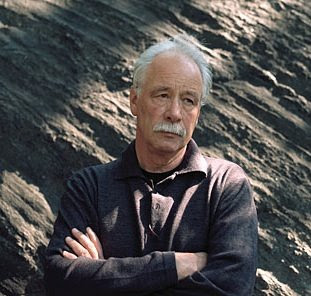 Although he is best known as one of the exemplary prose writers of the late 20th century, W. G. Sebald (1944-2001) also wrote poetry, and a few years ago, in one of my favorite used bookstores in Chicago, I found a little book of his poetry, with artwork by the abstractionist Tess Jaray. Here's one of the poems from this collection, which are all written in the following style. It reads like an epigraph for so much of his work:
Although he is best known as one of the exemplary prose writers of the late 20th century, W. G. Sebald (1944-2001) also wrote poetry, and a few years ago, in one of my favorite used bookstores in Chicago, I found a little book of his poetry, with artwork by the abstractionist Tess Jaray. Here's one of the poems from this collection, which are all written in the following style. It reads like an epigraph for so much of his work: Today is World AIDS Day. In the past I've posted remembrances of those I knew who were lost to HIV/AIDS, an essay on the state of HIV/AIDS, and links to
Today is World AIDS Day. In the past I've posted remembrances of those I knew who were lost to HIV/AIDS, an essay on the state of HIV/AIDS, and links to  World AIDS Day commemorations. Today I'm linking to several different articles by others on HIV/AIDS that readers might fight interesting.
World AIDS Day commemorations. Today I'm linking to several different articles by others on HIV/AIDS that readers might fight interesting.Over 20 years ago, the writer Joseph Beam proclaimed that "black men loving black men is the revolutionary act." Writing in the midst of an historical catastrophe, Beam was able to articulate a phrase eerily beautiful and simple, yet potent. That was an era when black gay men were the invisible element in the AIDS epidemic, and arguably are still invisible. There was daring and urgency to his message that we must revisit to give us the inspiration and perspective necessary to move forward. As we think about how HIV/AIDS has impacted our communities, lives, and relationships with ourselves and each other, Beam's phrase has never been more appropriate, valuable or relevant. Moving forward we must consider the value of love. Black gay men, black lesbians, and black transgendered people loving themselves and each other. In that love, we must consider the following strategies to provide a paradigmatic and methodological shift, in an effort to energize and recharge our movement.
Re-emphasize the impact of HIV/AIDS on black gay men. The AIDS epidemic was first presented to the public as a white gay men’s health issue. Although GRID (Gay Related Immune Disorder) was quickly redefined as AIDS, non-gay Blacks, Latinos, and women of color were recognized as "the changing face of AIDS", and safer sex education became focused on behaviors. Even with that shift, many non-gay minorities continued to see their risk as determined by their identity. Instead of taking that opportunity to address stigmas attached to queer sexual orientations and sexuality in general, the HIV/AIDS industry dissociated AIDS from "gay" to encourage heterosexuals, especially black heterosexuals to give it priority. Two decades later, despite the irrefutable statistics confirming black gay men as the group most heavily HIV burdened, the campaign to de-gay AIDS rolls on. Black gay men are often missing or underrepresented in prevention marketing strategies, AIDS drug ads, and community mobilization efforts. We cannot effectively respond to the spread of HIV until we recognize that gay men matter.
Rethink home-based testing. The move toward HIV testing in nontraditional venues and outside of clinical settings should be applauded. These efforts can reach individuals who might not go to an AIDS service organization or ask their doctor for testing. Now we must not be afraid to move to the next step - home-based HIV testing. We cannot be afraid to empower our most at-risk populations with immediate access to their HIV status. Having access to one’s HIV status is one of the most effective forms of prevention. Though pre and post test counseling can be an effective tool in HIV prevention, its absence should not a barrier to our people knowing their HIV status.
Restore pleasure to safer sex. People like having sex without condoms because it feels good. But we tend to automatically label those who engaging in consensual sex without condoms as suicidal, self-hating, irresponsible, lacking in self esteem, or mentally unbalanced. When we do that, we underestimate the pleasure principle. Sex is one of our most primal drives and it facilitates pleasure, intimacy, power, comfort and love like no other form of engagement. By imposing a singular medical framework on these acts, we deny the profound spiritual, psychological and emotional value they provide. By deploying fear based incentives, we may briefly capture attention, but scare tactics do not motivate a sustained behavioral change. We instead need to open a broader dialogue with people regardless of their condom use, and help them negotiate harm reduction in ways that respect their sexual proclivities. Skills building workshops, discussions and counseling groups that focus on enhancing sexual pleasure and not merely making condom use "sexy" may reach more people and help them develop healthier, safer and more fulfilling sexual behaviors. Instead of mandating abstinence or consistent condom use as the only viable prevention methods, we can better serve our communities without judging or scaring them.
Re-imagine the range of Prevention options. Though the condom is a necessary and effective part of any HIV prevention strategy, it’s imperative that we develop, improve and sustain newer technologies and approaches to sexual health. As the rates of new HIV infections among black gay men, particularly young black gay men climbs to new heights, we must unshackle ourselves and our work from behavioral approaches exclusively. This means advocating for biomedical and structural methods in HIV prevention, while we continue to develop and innovate behavioral models. With regard to biomedical approaches to HIV prevention, we must insist on the development and distribution of pre and post-exposure prophylaxis, vaccines and rectal microbicides. For structural interventions, we must explore and address the litany of causes that facilitate risk among black gay men: socioeconomic disparities, the lack of a living wage, the lack of housing, and other societal factors that create fertile conditions for risk among our brothers. We must also ensure that those who are HIV positive have access to adequate healthcare and treatments that maintain low viral loads which can reduce their rate of infectiousness. We must be proactive, innovative and willing to think outside the box.
Reinforce our pride. Our struggles with gay identity are much more grounded in our reinforced repression of our inner feminine beings than any conflicts with historical white cultural oppression. We must help gay men work through self hatred and embrace the feminine being within themselves and each other. We also have to de-stigmatize gay identity throughout black communities. Most media images of sexual minorities tend to depict African Americans as irrevocably homophobic. Yet many of us have narratives of love and acceptance from within our community. These narratives are rarely broadcast as culturally normative. We should develop a campaign that conveys messages of acceptance and breakthroughs that occur among black families. Right wing organizers and black demagogues have been marketing homophobia in black communities for decades. It’s about time we started working our own positive campaigns to promote black love among black people. ??
Charles Stephens is the African-American Gay Outreach Coordinator for AID Atlanta. He is committed to art, social justice, and gay men’s health.
Craig Washington, MSW, is a Prevention Programs Manager at AID Atlanta. He is a writer, organizer, and consultant on HIV and social justice issues.
 On a different continent, another horror was playing out: the politically oriented, socially fractious riots in Jos, Plateau State, Nigeria, where over 350 (or considerably more, depending upon the source) people have died, countless have been injured, and residents of certain neighborhoods have had to flee their homes (photo at left, IRIN). The Plateau state governor has dispatched troops to calm the violence, which was led by armed bands of opposing political factions that closely mirrored the Muslim and Christian divisions in many parts of central and northern Nigeria. What appeared to spark the riots were allegations that the People's Democratic Party (PDP) had unfairly won the elections. As the first article I linked to suggests, the Nigerian federal government should probably step in to calm the tensions and assure, to the extent possible, the fairest and most transparent resolution to the electoral contest.
On a different continent, another horror was playing out: the politically oriented, socially fractious riots in Jos, Plateau State, Nigeria, where over 350 (or considerably more, depending upon the source) people have died, countless have been injured, and residents of certain neighborhoods have had to flee their homes (photo at left, IRIN). The Plateau state governor has dispatched troops to calm the violence, which was led by armed bands of opposing political factions that closely mirrored the Muslim and Christian divisions in many parts of central and northern Nigeria. What appeared to spark the riots were allegations that the People's Democratic Party (PDP) had unfairly won the elections. As the first article I linked to suggests, the Nigerian federal government should probably step in to calm the tensions and assure, to the extent possible, the fairest and most transparent resolution to the electoral contest.
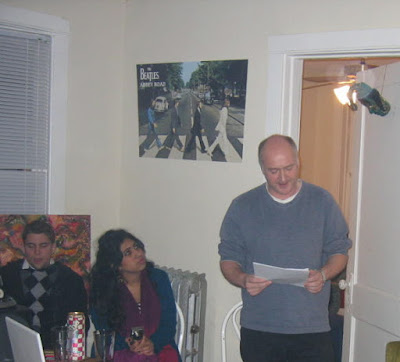


Since my partner and I got hooked on Rugby thanks to watching the Wallabies, the All-Blacks, and the Tri-Nations tournament on Fox Sports, I can't resist pointing to this video and article about The Hyde Leadership Public Charter School in Washington DC, from the New York Times.***
When the team starts the post-game singing of "Lift Every Voice and Sing," I get all choked up....
Aim High, boys!
 I seldom read Newsweek magazine, but I did flip through it today while waiting at the pharmacy, and saw Sarah Bell's article, "Urban Outfitters," which among other things asks why Kehinde Wiley, whose gorgeous new paintings are lighting up New York (in the exhibit "Down" at Deitch Projects and elsewhere) hadn't acknowledged his debt to Barkley L. Hendricks.
I seldom read Newsweek magazine, but I did flip through it today while waiting at the pharmacy, and saw Sarah Bell's article, "Urban Outfitters," which among other things asks why Kehinde Wiley, whose gorgeous new paintings are lighting up New York (in the exhibit "Down" at Deitch Projects and elsewhere) hadn't acknowledged his debt to Barkley L. Hendricks.
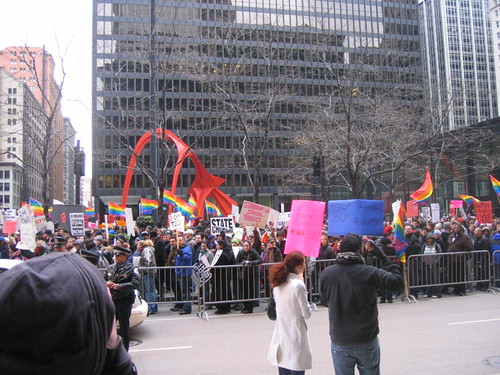
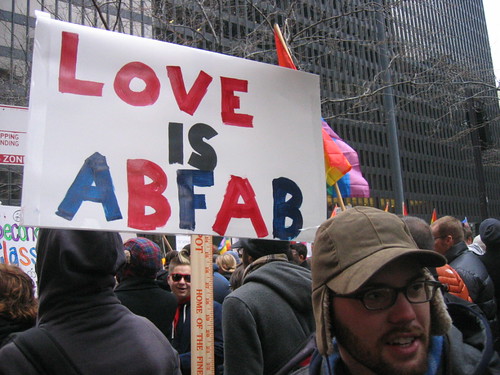
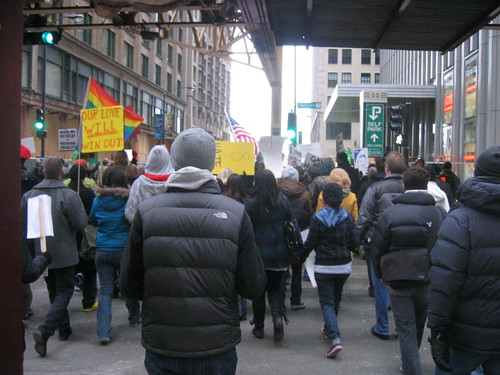
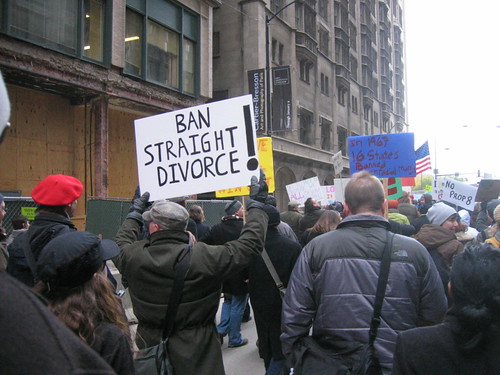
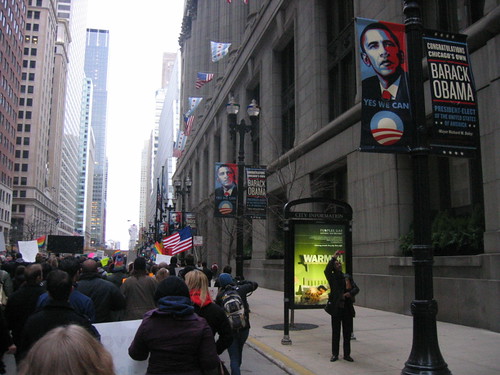
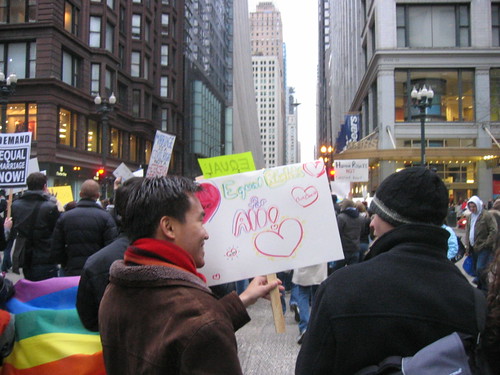
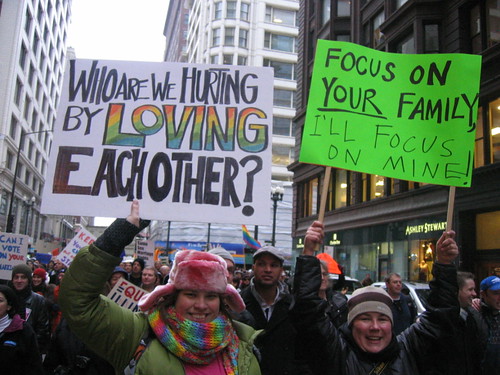
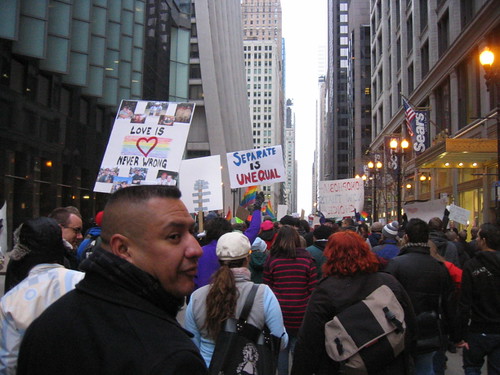
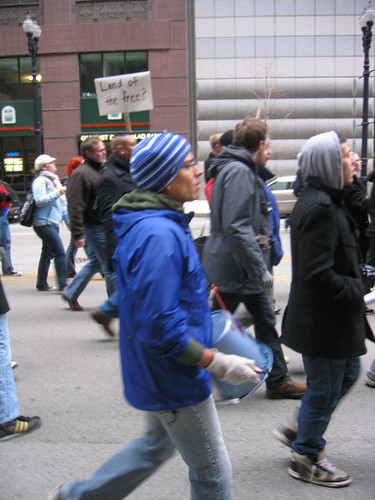
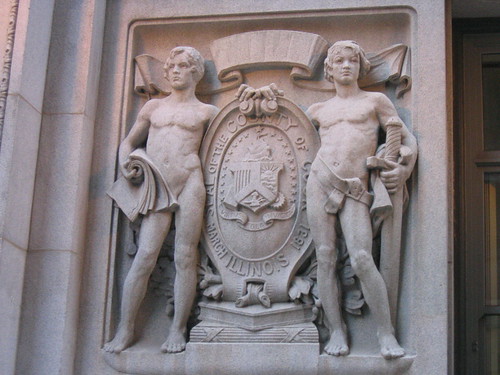
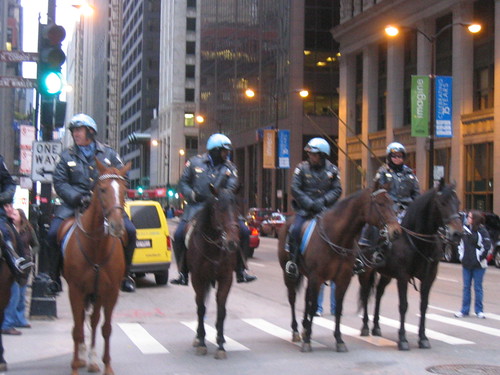
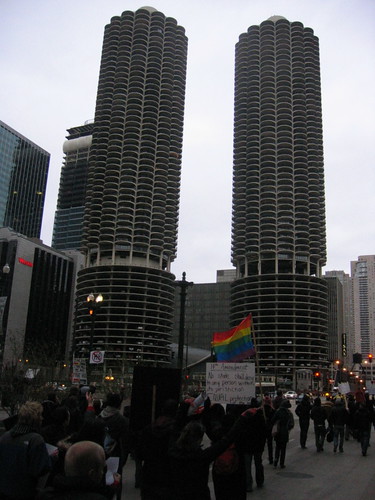
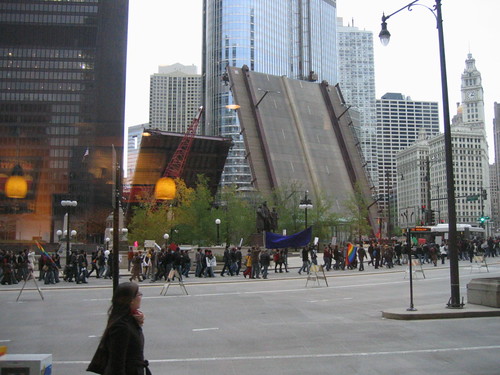
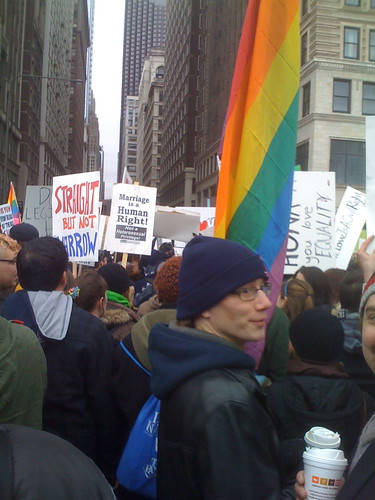
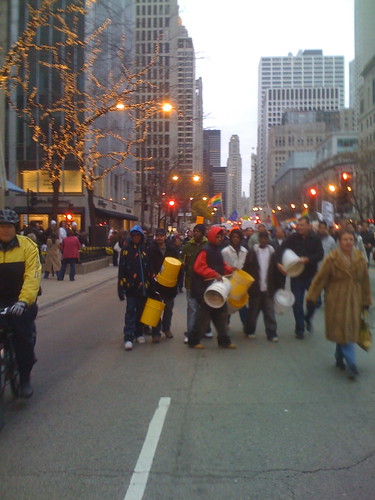
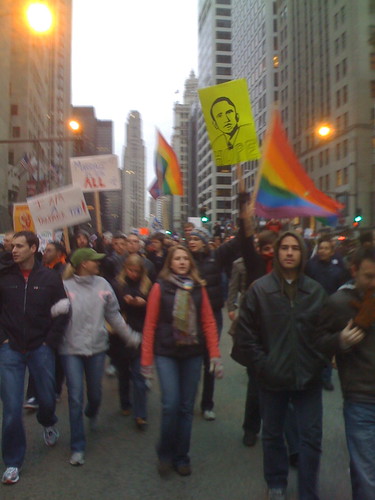

 Punks by John Keene
Preorder your copy today! (Out in December 2021!)
Punks by John Keene
Preorder your copy today! (Out in December 2021!)
 Counternarratives by John Keene
Back in stock, in paperback, so order your copy today!
Counternarratives by John Keene
Back in stock, in paperback, so order your copy today!
 Counternarratives by John Keene (UK Edition)
Order your copy today!
Counternarratives by John Keene (UK Edition)
Order your copy today!
 Annotations by John Keene
Get your copy today.
Annotations by John Keene
Get your copy today.
 Seismosis by John Keene and Christopher Stackhouse
CURRENTLY OUT OF PRINT (STAY TUNED!)
Seismosis by John Keene and Christopher Stackhouse
CURRENTLY OUT OF PRINT (STAY TUNED!)
 Letters from a Seducer by Hilda Hilst, translated by John Keene, with an introduction by Bruno Carvalho
Get your copy today!
Letters from a Seducer by Hilda Hilst, translated by John Keene, with an introduction by Bruno Carvalho
Get your copy today!
 The Obscene Madame D by Hilda Hilst, translated collaboratively by Nathanaël and Rachel Gontijo Araújo, with an introduction by John Keene
Get your copy today!
The Obscene Madame D by Hilda Hilst, translated collaboratively by Nathanaël and Rachel Gontijo Araújo, with an introduction by John Keene
Get your copy today!